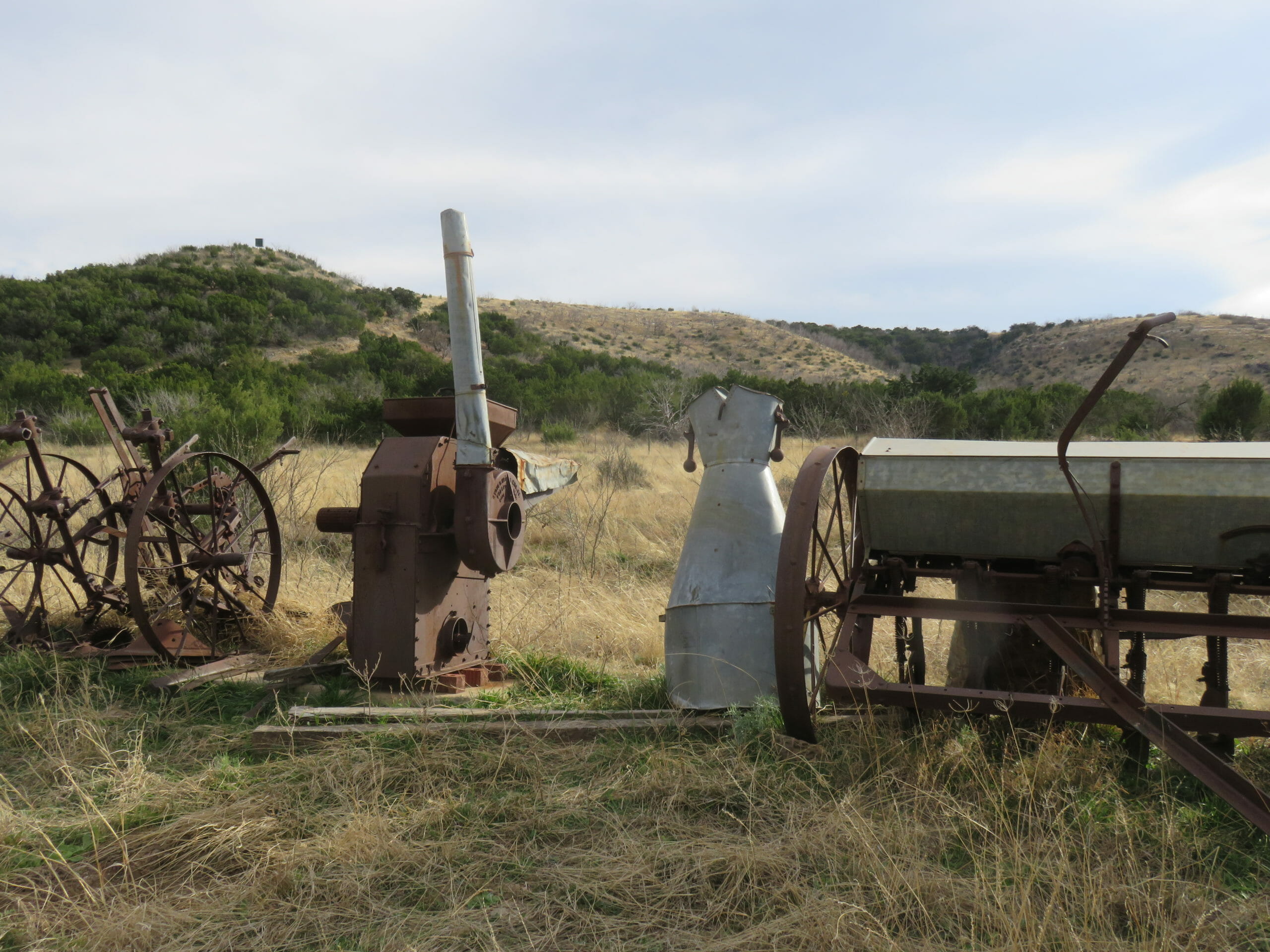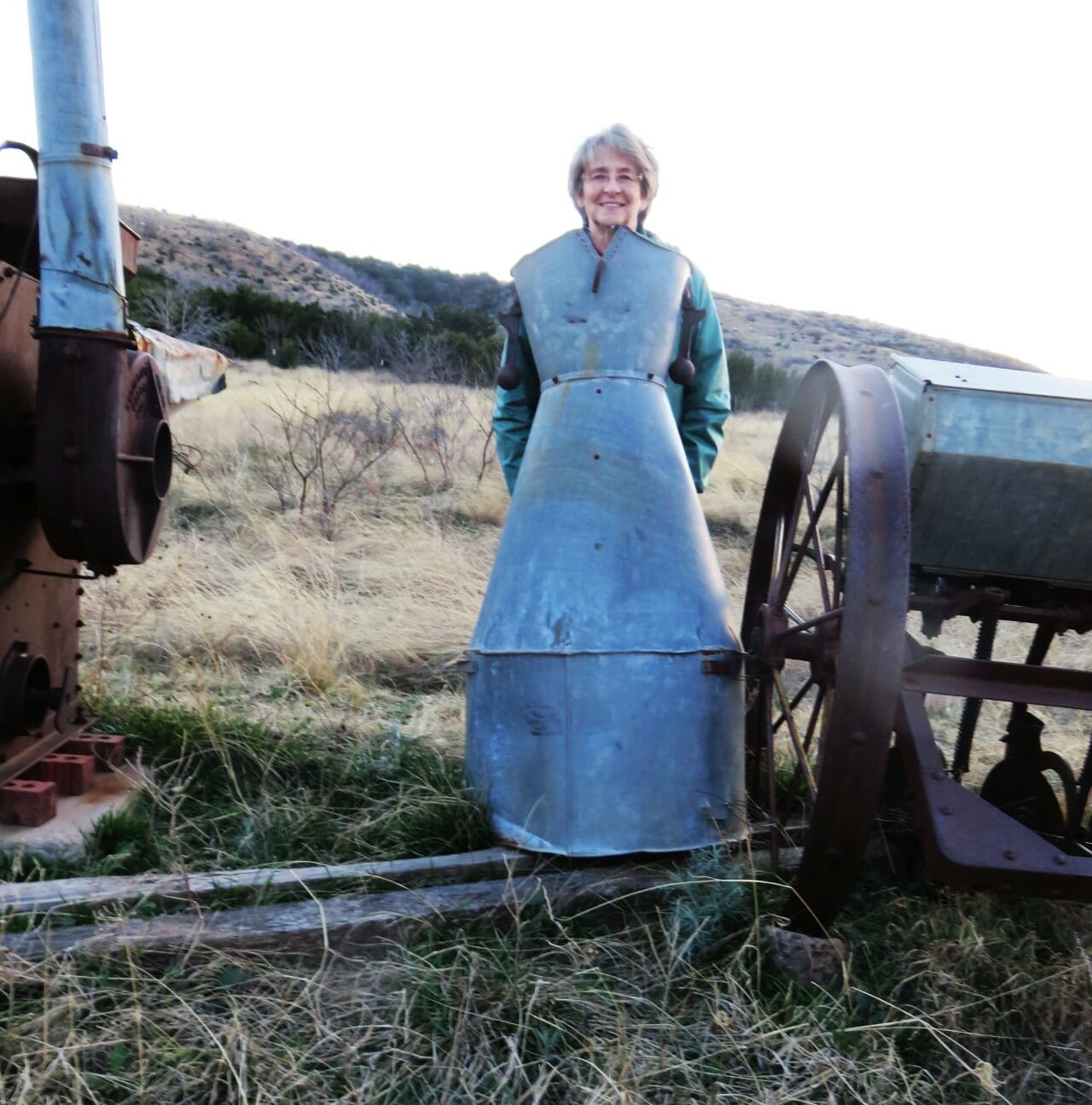
Photo by Sven Wilhelm on Unsplash
New wine, repurposed vessels
Rev. Jamie P. Washam
April 10, 2020
The following is an edited version of a message the author gave to a gathering of American Baptist regional executive ministers during a consultation hosted by American Baptist Home Mission Societies, January 29, 2020.
While many Baptists may abstain, Jesus was no teetotaler. Two particular passages deal with Jesus and wine, and each serves as both commentary and instruction. John’s gospel puts Jesus and his mother on a wedding guest list at Cana where the wine runs out (John 2:1-11), and in all three synoptic gospels Jesus admonishes that no one puts new wine in old wineskins, lest the wine spill and the skins split (Matthew 9:17; Mark 2:22; Luke 5:37-39).
In even the best planned wedding, something goes wrong. Every minister has experienced pouty ring bearers or flower girls, canine ring bearers or flower girls, attendants locking knees and passing out mid-ceremony, hurricanes coinciding with outdoor ceremonies, fiery mishaps, and more.
In John’s gospel, Jesus first public miracle takes place at a wedding. The set-up implies both that something might go off script, and that Jesus enjoyed a good time.
Weddings at that time went on for more than a day; John describes the third day, when the wine ran out. Mary notices and tells the servants to do what Jesus tells them. She knew her son and trusted him to do the right thing.
Sometimes, others can see in us what we cannot quite discern ourselves. Jesus didn’t think he was ready, or that his hour had yet come. He acted anyway.
Rev. Jamie Washam, pastor of The First Baptist Church in America in Providence, Rhode Island, and president of the board of directors of the American Baptist Home Mission Societies shares encouragement for these uncertain times.
“In the room six very large stone water-jars stood on the floor (actually for the Jewish ceremonial cleansing), each holding about twenty gallons. Jesus gave instructions for these jars to be filled with water, and the servants filled them to the brim. Then he said to them, ‘Now draw some water out and take it to the master of ceremonies,’ which they did. When this man tasted the water, which had now become wine, without knowing where it came from (though naturally the servants who had drawn the water knew), he called out to the bridegroom…” (John 2:6-9 Phillips).
Jesus sees what – and who – is there in a new way.
Rev. Dr. Janet Hunt invites us at this point to shift our gaze, to see the ones on the edges that evening. The people carrying the stone jars, filling them with water while replenishing food. Observe the ones standing on the edge of the party, waiting to serve and clean up. These are the only ones to witness the miracle firsthand. To be clear, everyone from the master of ceremonies to the uncle from out of town tasted the wine, but it is the ones who were working that night, those serving from the margins of the celebration, who actually see it all. And knowing Jesus, they more than got a taste of the wine themselves.
Hunt writes, “They were, they are those who go mostly unseen, un-noticed by the rest of us. And yet, they are the ones who first glimpsed the promise of Jesus. They are, as we hear throughout the Gospels – they are the ones for whom the gifts of God are particularly meant.”
In this act, we see life and joy. The superabundance of wine reminds us of God’s profligate love.
When the MC tasted the water, he called out to the hosts saying,
“Everybody I know puts his good wine on first and then when people have had plenty to drink, brings out the poor stuff. But you have kept back your good wine till now!” (John 2:10 Phillips).
Jesus did not make Two Buck Chuck. This is the good stuff; the well-aged wine the prophets described.
This text was not written with Mr. Welch and his grape juice in mind. Jesus understood a lavish outpouring of wine as representative of God’s realm (Amos 9:13; Joel 3:18; Isaiah 25:6). For Greeks, the abundant miracle of wine evoked the revelry of Dionysus. The book of Revelation continues with Jesus celebrating the defeat of evil and death by throwing a feast (Revelation 19:9). A good party is a sign and foretaste of the realm of God.
Jesus’ first public act is not a committee meeting. He empowers a party! Rote observance doesn’t gladden the heart as much as celebration in the midst of messy life does. The church is intended to be a place of renewal and joy.
Jesus uses existing vessels for a new and radical purpose. Do we followers of the winemaker have the same capacity? We can’t keep doing the same thing, hoping for different results.
When my church first called me, a member let me know that my presence, “really off-set the formality of the place.” I said thank you.
We are to be agents of joy, purpose and re-purposing, not fixed in one mode or use.
A member of my community once planted a grapevine in a dry county that grew and grew and produced delicious wines. When his neighbors protested, he christened it Cana Vineyards.
The Psalmist teaches that God gave “wine that gladdens the human heart” (Psalm 104:15 CJB). Church is a place of sacred wonder, and it is also a place of profound joy. We are to gladden the heart like a party with enough food and drink for everyone, with leftovers to spare.
This event reveals Jesus as one who can do miraculous things and the kind of world God intends. Jesus uses what is already there in new ways to bring on joy. If church or your faith feels like a burden, try going about it in a fresh way.
The challenge for each of us, in our particular contexts, our existing vessels, as it were, is to repurpose them in new ways. Jesus urges caution. Wineskins were made of hide that was elastic when new, and able to expand the wine’s fermentation. An old skin was brittle and hard and would crack rather than stretch. You cannot use the old wineskins for new wine, but you can find new uses for what you already have.
We have the opportunity to approach the challenges of our contexts – budget shortfalls, the wine running out – to imagine utterly other ways to give life to what we already have. Don’t get rid of the old vessels, they will also experience new purpose.
Jesus thought he was going to a party and ended up laying the groundwork for a new way of doing things.
The church finds new wineskins in every generation and every culture. The essence of our faith holds firm; the wrappings forever change. We sing new words to old songs and fresh prayers to our ancient God.
The church finds new wineskins in every generation and every culture. The essence of our faith holds firm; the wrappings forever change. We sing new words to old songs and fresh prayers to our ancient God.
A peculiar blessing of Baptist life is soul liberty; we claim no official orthodoxy and so can look with fresh eyes and imagine new purposes for our vessels.
On a recent visit with my parents, my son looked at a collection of antiquated farm equipment, and saw an “iron lady.” He asked his grandmother play along, positioned her, and took the photo. Sometimes, we need a pair of fresh eyes to show us what has been hiding in plain sight.


In 1953, William Barclay wrote that “We should never be afraid of new methods. That a thing has always been done may very well be the best reason for stopping doing it. That a thing has never been done may very well be the best reason for trying it. No business could exist on outworn methods – yet the Church tries to. Any business which lost as many customers as the Church has would have tried new ways long ago – but the Church resents all that is new…. There is a wise and an unwise conservatism. Let us have a care that in thought and in action we are not hidebound reactionaries when we ought, as Christians, to be gallant adventurers.”[i]
Friends, Jesus did not think he was ready, but went ahead anyway. The Realm of God is already in our midst. Use what you have in new ways. The miracle itself may only be visible to those on the margins, but the sweetness and abundance is poured out for all to taste and enjoy.
Here’s to life, “L’chaim!” Amen.
The Rev. Jamie Washam is pastor of The First Baptist Church in America, Providence, Rhode Island, and president of the board of directors of American Baptist Home Mission Societies. In this video she shares encouragement for these uncertain times.
The views expressed are those of the author and not necessarily those of American Baptist Home Mission Societies.
[i] William Barclay, “The Daily Study Bible: The Gospel of Luke” (Philadelphia: The Westminster Press, 1953, 1956.) 65-66.


